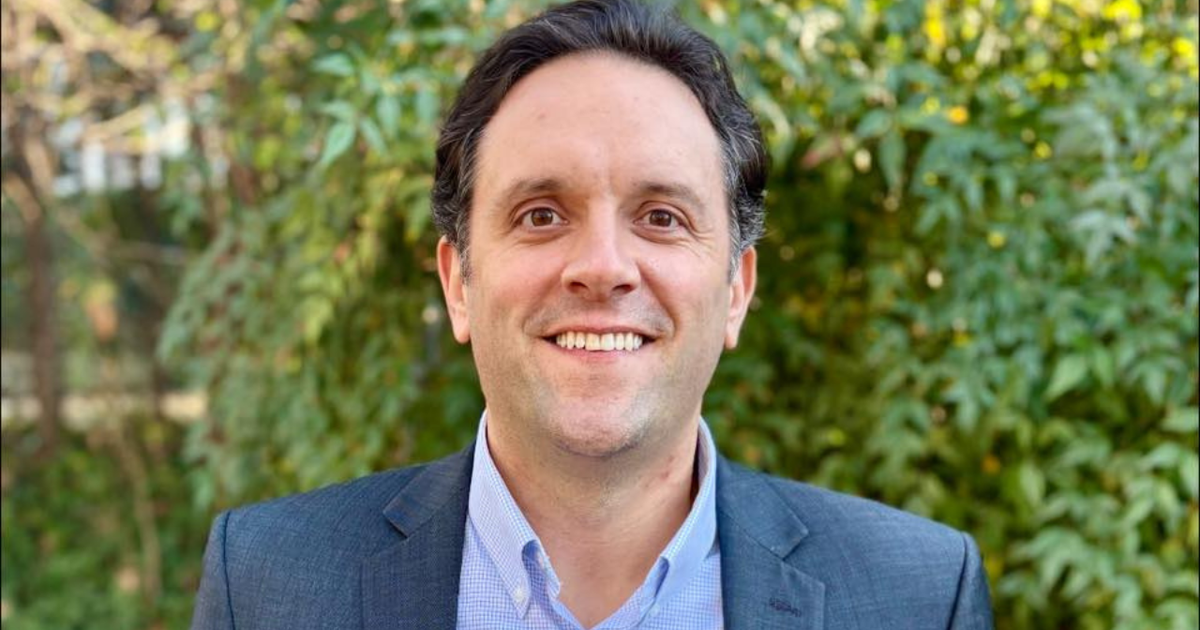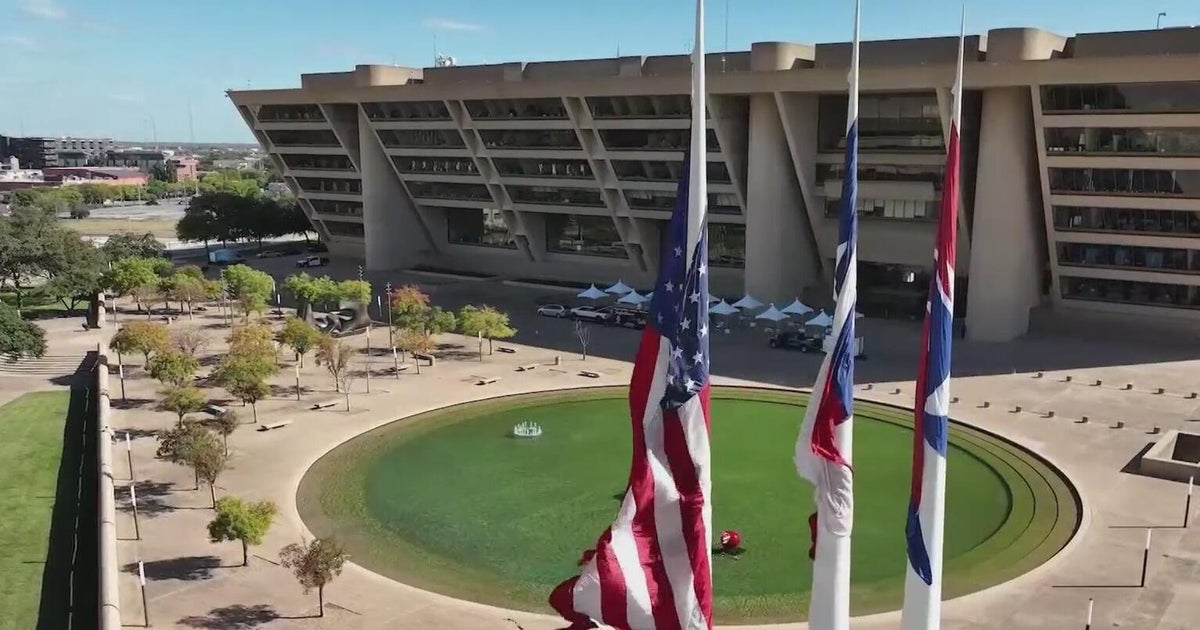2 brothers reunited with father's Korean War dog tag
The sons of Army Master Sgt. Charles McDaniel were given their father's Korean War dog tag Wednesday. It was returned from North Korea along with the remains of American service members repatriated to the United States last week.
McDaniel, an Army medic, was lost in action on November 20, 1950. An eyewitness said he believed McDaniel had been killed in action, but his death was never confirmed by the U.S. government.
He left behind his two sons -- two and five years old at the time -- and his wife.
The Defense POW/MIA Accounting Agency (DPAA) laboratory in Hawaii is attempting to identify the remains of what are believed to be American soldiers lost in the Korean War, including what may be McDaniel's remains. And while that lengthy process continues, McDaniel's sons, who are now in their 70s, feel a little peace of mind now that their father's dog tag has been brought back to the U.S.
The sons talked about what it meant to them at a news conference in Arlington, Virginia on Wednesday.
"Even though I was a small boy and have very little memory of my father...I sat there, and I cried for a while," McDaniel's eldest son and namesake, Charles McDaniel, a veteran himself, said when he received the phone call about the recovery of his father's dog tag.
A World War II veteran from Indiana, the senior Charles McDaniel was traveling with the 3rd Battalion along the Yalu River on the Chinese-Korean border when his unit was ambushed by Chinese forces.
So far, McDaniel's sons are the only individuals who have been given any indication that the repatriated remains may include a loved one.
"We're really, in one small sense, the most fortunate because we're the only ones that have a name now," McDaniel Jr. said.
Dr. John Byrd, Director of the DPAA, cautioned that because the North Koreans admitted many of the remains had been interspersed, there is no way of knowing yet whether the remains with which the stainless steel dog tag were delivered actually belong to McDaniel. Both of McDaniels' sons have volunteered samples of their DNA to aid the identification process.
According to Byrd, most of the returned remains contain long bone portions and material possessions, like helmets and boots.
CBS News' Robert Legare contributed to this report.





